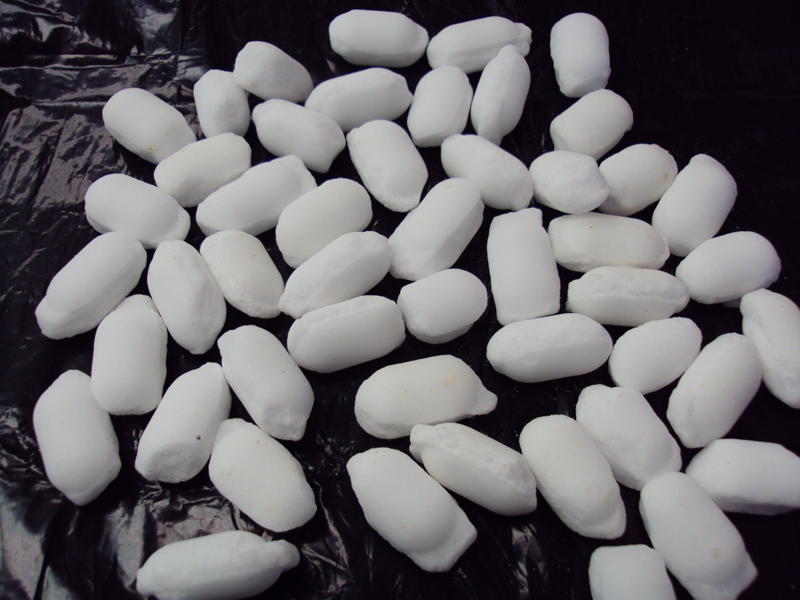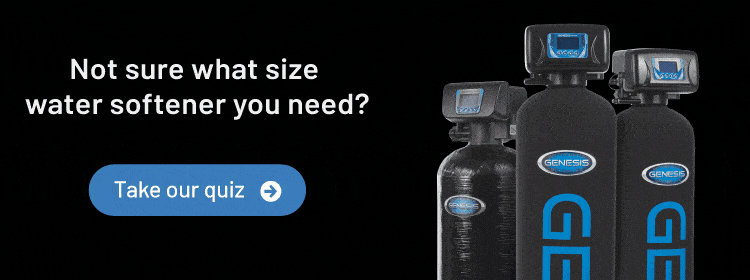How Efficient Is Your Current Water Conditioning System?
Posted by Discount Water Softeners on Dec 11th 2018
If you’ve been searching for the best and most efficient way to say farewell to your home’s hard water you may have stumbled across water conditioning companies offering a no-salt solution. Like most homeowners, the idea of salt-free softening sounds fantastic. Low maintenance, no salt, and soft water? The promise of salt-less technology, with its various methods and magnetic devices, has caused some confusion. The capabilities of a salt-based water softening system and a salt-free water conditioner are vastly different. If you’re not sure what will best suit your needs, let’s talk about hard water and the basic science of softening it.
No Salt Water Softening: Fact or Fiction?
Water is considered “hard” when it contains a high amount of calcium and magnesium minerals. When rain falls, these minerals are naturally dissolved into groundwater by surrounding soil and rock. The water industry measures hardness in terms of grains per gallon (GPG), parts per million (PPM), or milligrams per liter (mg/L). If the level of hardness in your water tests above 1 GPG or 17.1 mg/L or PPM then you have what is considered hard water.
To achieve soft water, hard water minerals must be removed or reduced to less than 1 grain per gallon. A salt-based water softener uses ion exchange to remove calcium and magnesium minerals. Calcium and magnesium ions have a positive electrical charge, as does sodium. Ions of the same charge can be exchanged. When a resin bed coated with sodium comes into contact with calcium, magnesium, and iron the hard water minerals are transferred to the resin, effectively removing them before they enter your water supply. This process makes the water “soft.” When the resin bed becomes saturated with minerals, salt is used to clean or recharge the resin beads in order for the system to continuously provide softened water.

A salt-free water system will utilize a magnetic device or a Template Assisted Crystal (TAC) based media in a conditioning tank to neutralize hard minerals and help prevent scale formation. These systems will not remove hard minerals, decrease soap usage, make clothing whiter and brighter or prevent spots on dishes. So can you achieve softened water with a salt-free treatment system? The hard truth is, no. A salt-free water “softener” is really a water “conditioner,” as by definition, a softener must produce water with a hardness level less than 1 GPG. The term “salt-free softener” is misleading; without the use of salt, a water conditioning system will not facilitate the chemical process of ion exchange needed to yield softened water.
Why Buy A Water Conditioner?
We know that a salt-free softener won’t get rid of hard water minerals, but what can a water conditioning system do for you? A water conditioner simply is a general term for a system that alters water quality. Water conditioners do not use salt so they will not make the water soft. You can use a water conditioner to alter your water, but it performs in a very different manner than a true water softener.
While there is existing technology claiming to soften your water without salt, there is no supporting evidence that these devices can properly aid in this type of water treatment. A water conditioner requires little maintenance, but a salt-based water softener is the only way to fully protect your home’s plumbing and appliances from hardness minerals.
If you do a search for “water conditioning near me” you’ll find hundreds of options for home water systems. It’s difficult to discern what’s right for you unless you know what you want to remove from your water, or how you want to improve it. If you’re concerned with general water quality, you’ll want to test your water. Knowing what’s in your water is the first step in determining which type of treatment system is right for you. No filter will eliminate all the contaminants, so it’s important to know what’s in your water that you want out.
Water filtration systems can target bacterial or chemical pollutants. Water softeners can be used as a stand-alone system or can work together with other purification or filtration systems to provide the cleanest water possible. A whole house water filtration system (carbon-based) along with a water softener (salt-based) is a great option for homeowners who want to protect their health and their home’s assets.
The claim that a salt-free system can achieve softened water is scientifically impossible since soft water is measured by the amount of hardness in the water. There simply is no such thing as a no-salt water softener to remove the calcium and magnesium that causes scaling, stiff clothing, over usage of soap and detergents, and spots on dishware. Hard water is not a new problem. If you’re looking for the answer, a properly maintained water softener remains the least costly and most effective way to deliver the best water for everyday household use.

